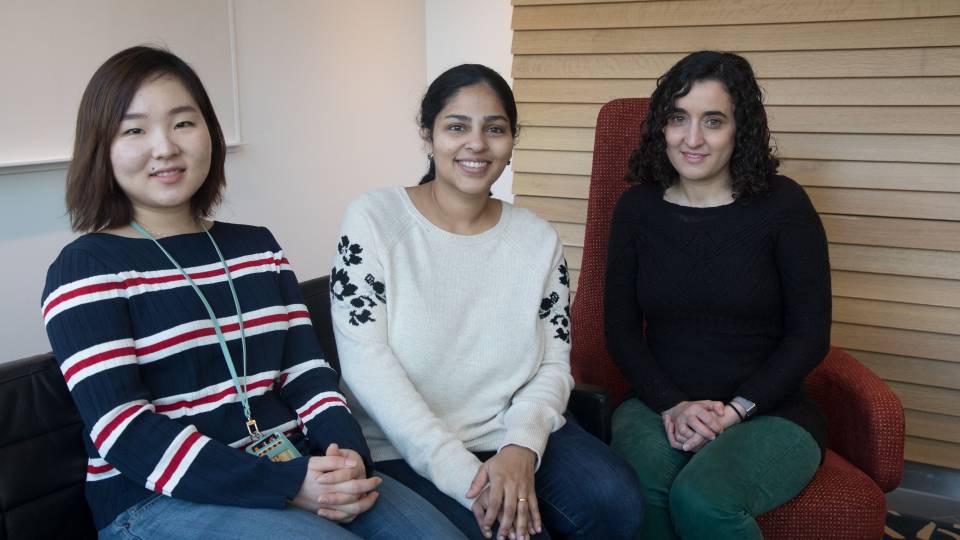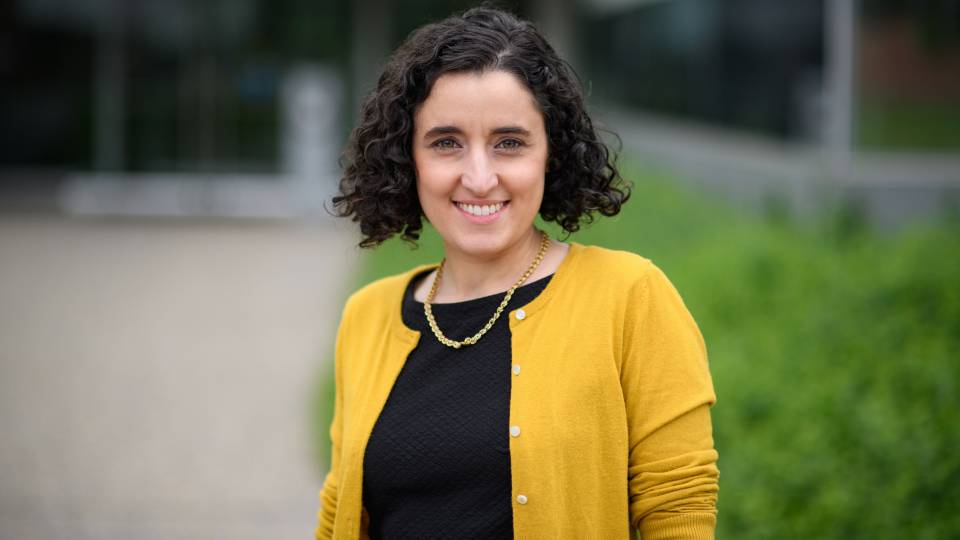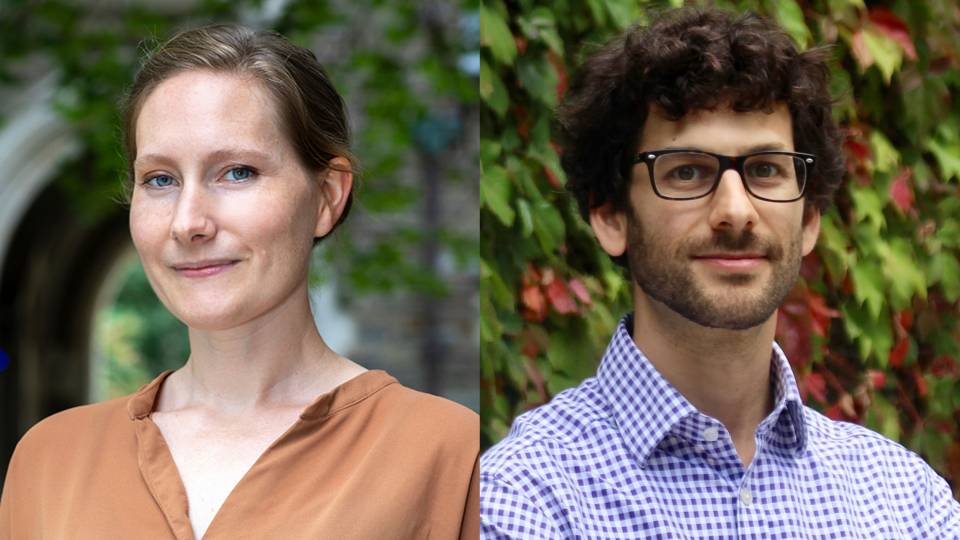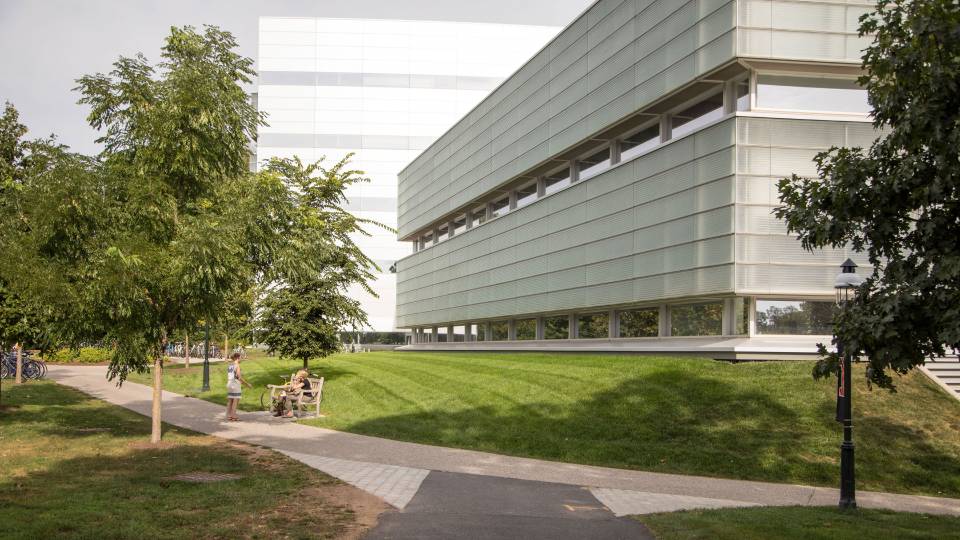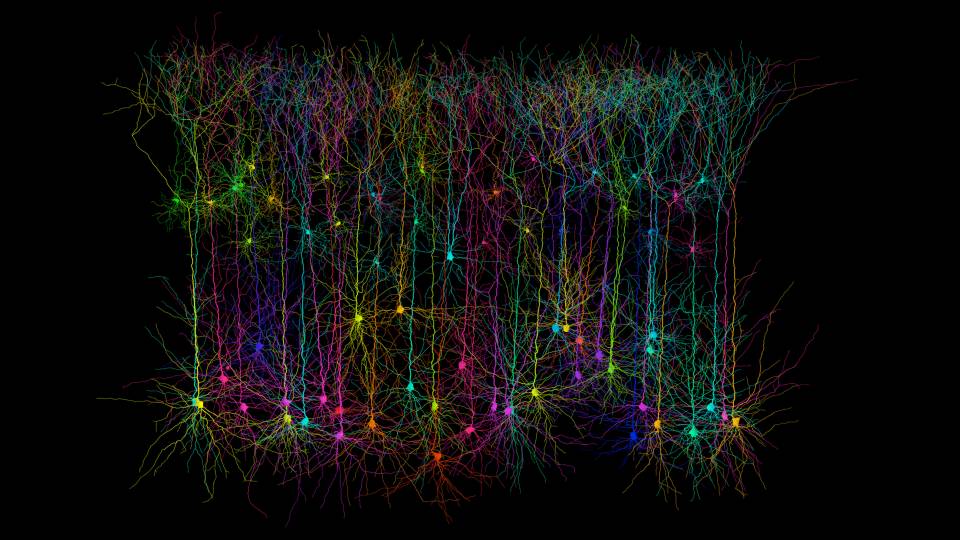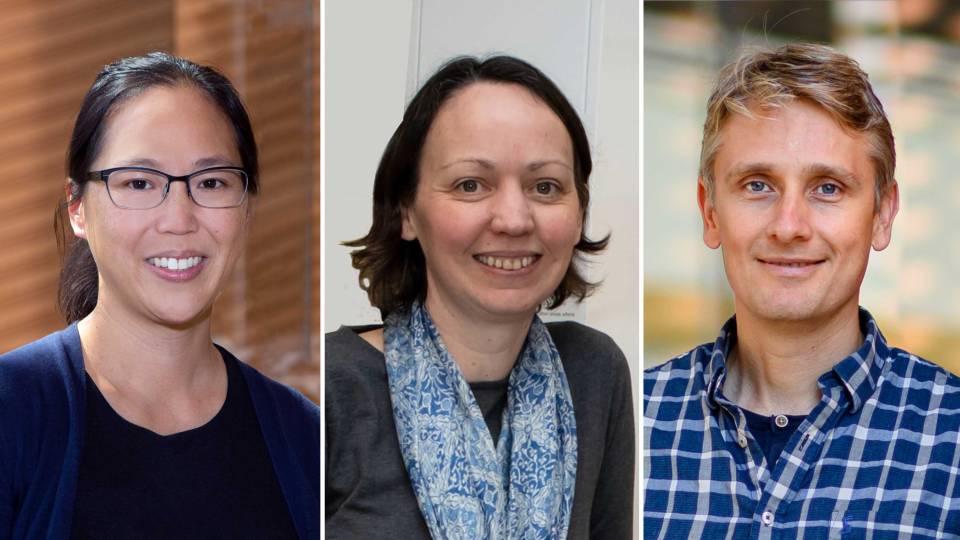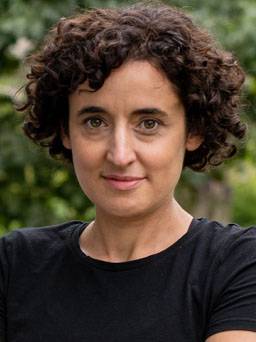
Ilana Witten of the Class of 2002, professor at the Princeton Neuroscience Institute
Ilana Witten, a professor in the Princeton Neuroscience Institute and a Class of 2002 alumna, has been selected to receive a Director's Pioneer Award from the National Institutes of Health. In addition, alumna Christina Kim of the Class of 2011 won a Director's New Innovator prize.
Witten, an expert in the brain activity that underlies reward-driven learning and decision making, will receive funding to study the fundamental question of what produces individual differences in behavior, a question often posed as nature versus nurture.
The award, established in 2004, challenges investigators at all career levels to pursue new research directions and develop groundbreaking, high-impact approaches to a broad area of biomedical, behavioral or social science. The award to Witten is one of eight issued this year to scientists at universities and institutes across the nation.
Witten and her team will investigate what produces individual differences in personality and in responses to stress. They suggest that nature, or one’s biological makeup, and nurture, or one’s environment, while both important, are insufficient to fully explain individual variability.
In this new study, the team will examine the development of individual differences from the perspective of learning, proposing that small differences in the initial conditions of the learning system can be amplified by positive feedback to ultimately produce large differences in outcomes. The team will study how the brain chemical dopamine plays a role in this reward-driven learning, with the goal of explaining variation across individuals as well as in neuropsychiatric diseases.
This work relates to ongoing collaborations with several other groups in the Princeton Neuroscience Institute, including with Annegret Falkner, assistant professor of neuroscience; Jonathan Pillow, professor in the Princeton Neuroscience Institute; and Nathaniel Daw, Huo Professor in Computational and Theoretical Neuroscience and professor of neuroscience and psychology.
Witten earned her Ph.D. in neuroscience at Stanford University in 2008 and her Bachelor of Arts in physics at Princeton University in 2002, graduating magna cum laude with a certificate in biophysics. She was a postdoctoral scholar from 2008-12 in the laboratory of Karl Deisseroth at Stanford, and in 2012 she joined the Princeton faculty as an assistant professor, becoming an associate professor in 2018 and full professor in 2021.
Among her many honors and awards are a NIH Director’s New Innovator Award, an Alfred P. Sloan Research Fellowship, a Pew Scholarship in the Biomedical Sciences, and a McKnight Scholars Award. She is an investigator in the NIH BRAIN Initiative and the Simons Collaboration on the Global Brain, among other collaborations.
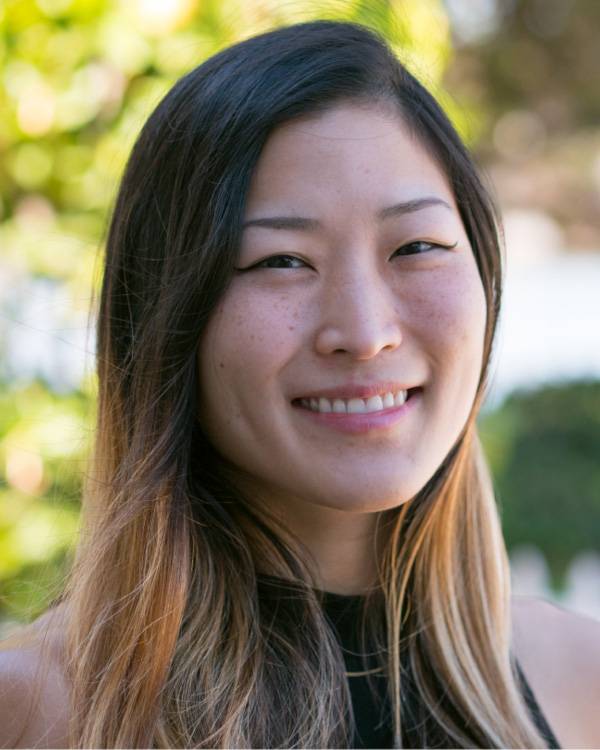
Christina Kim of the Class of 2011, assistant professor of neurology at the UC Davis School of Neuroscience
New Innovator Award recipient Kim did her senior thesis with David Tank, Princeton's Henry L. Hillman Professor of Neuroscience. She is now an assistant professor of neurology at the University of California-Davis School of Neuroscience, where her team develops molecular and optical approaches to study the function and molecular organization of neurons in the brain. The New Innovator Award, established in 2007, supports unusually innovative research from early career investigators who are within 10 years of their final degree or clinical residency and have not yet received an NIH R01 or equivalent grant.
The awards are part of the National Institutes of Health’s High-Risk, High-Reward Research program, which announced 85 new research grants to support highly innovative scientists who propose visionary and broadly impactful behavioral and biomedical research projects. The 85 awards (totaling approximately $187 million) are supported by the NIH Common Fund, as well as six other institutes, centers, and offices across NIH, beginning in 2023 for five years, pending the availability of funds.
“The HRHR program is a pillar for innovation here at NIH, providing support to transformational research, with advances in biomedical and behavioral science,” said Robert W. Eisinger, Ph.D., Acting Director of the Division of Program Coordination, Planning, and Strategic Initiatives, which oversees the NIH Common Fund. “These awards align with the Common Fund’s mandate to support science expected to have exceptionally high and broadly applicable impact.”
Witten's award is supported by NIH grant number DP1 MH136573-01 and Kim's award by DP2-MH136588.
